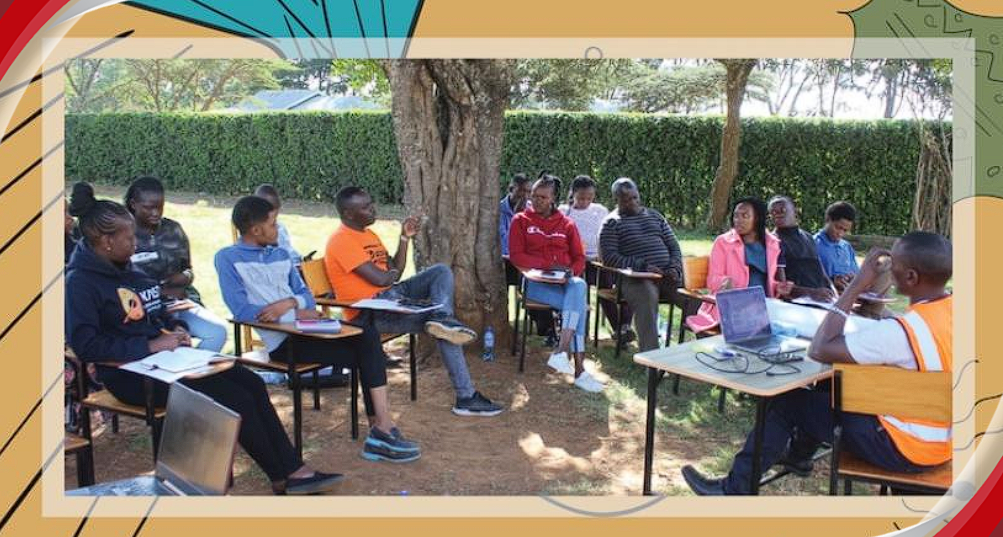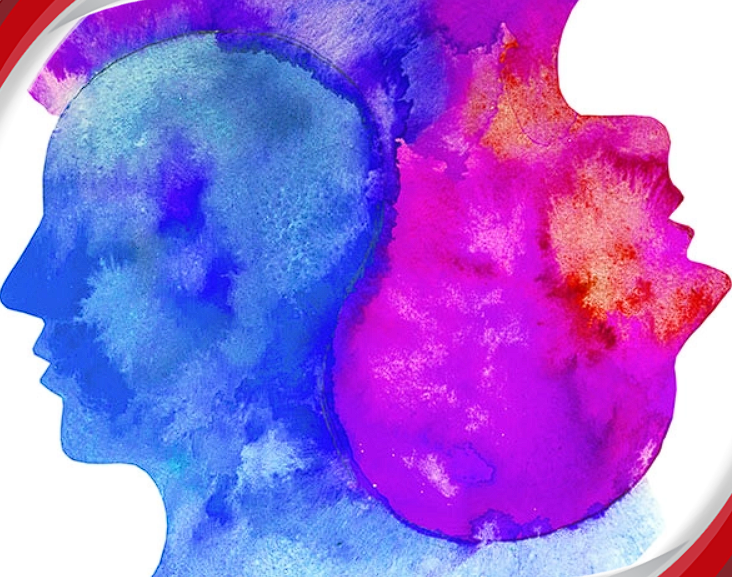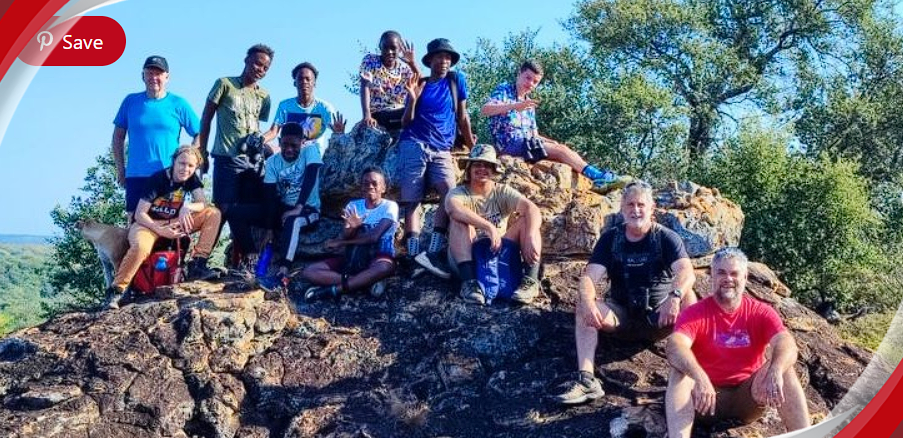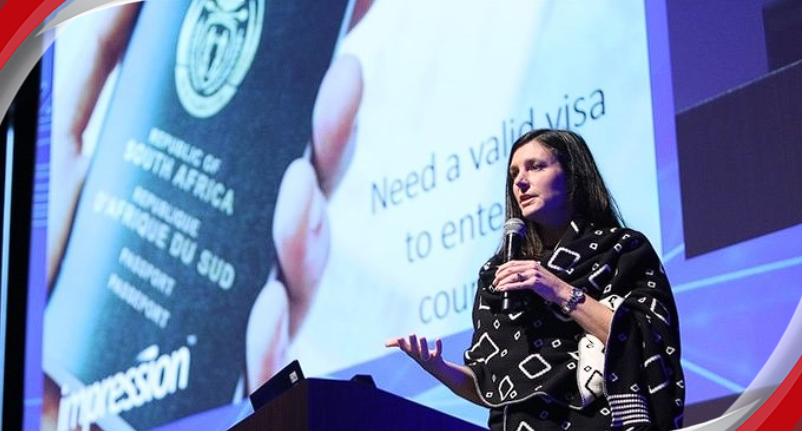Articles
Early-stage robotics, coding training shows progress
-
1 year ago
While the Department of Basic Education (DBE) has made strides in incorporating the mathematics, science and technology (MST) curriculum across local schools, some of these edutech initiatives have fallen short on fulfilling their objectives.
This is one of the key findings in the African EdTech Insights Report, compiled by edutech research and advisory non-profit organisation Injini Think Tank, in collaboration with Business France, EdTech France and Afinef.
The report explores Africa’s edutech sector, featuring insights on online learning, artificial intelligence integration and mobile education, as well as challenges, like language barriers and funding limitations.
According to the report, with the rise of internet connectivity and mobile device adoption in Africa, there has been an increase in the adoption of online learning platforms.
While there remain challenges associated with unequal access to ICT across Africa, such platforms do provide access to education for individuals who may not have had the opportunity otherwise, it notes.
In SA, the report notes, in the past year, the DBE achieved some of the goals set in implementing the new MST curriculum to fit the future of work. However, other objectives have fallen short and raised a cause for concern in multiple areas.
These include under-resourced schools, underpaid and under-skilled teachers, inequitable access to digital technologies for learners and uneven distribution of ICT services, such as internet connectivity.
“Although a work in progress, this implementation has, impressively, manifested through subjects such as robotics and coding being included in the general education and training (Grades R to 9) phase. However, questions arise over equal access and implementation of these subjects in schools.
“Due to the country’s rife inequalities between the rich and poor, higher-resourced schools are likely to adapt easier and faster to the new requirements of the changing curriculum than others. This may further increase the gap in the provision of quality education in the country,” states the report.
Last May, the DBE resumed the coding and robotics pilot project, after it was forced to halt it as a result of the COVID-19 pandemic. The pilot was started in 2020, and the department intends to implement it at 25 000 schools that consist of about 14 million learners and 420 000 teachers, according to the department.
The DBE previously told ITWeb the focus will be on upskilling teachers to teach these new subjects, in collaboration with higher education institutions.
Developing multi-dimensional content that promotes technological and scientific awareness will support the curriculum, as producing inclusive, future-focused tech content is necessary to bridge the digital divide, the research suggests.
“Developing inclusive and low-cost products for learners in disadvantaged schools, working alongside teachers in the development of relevant content, and pursuing partnerships with the DBE and other government stakeholders is vital.
“For educational technology to achieve true learner success, the developers must involve more teachers in the ideation process and continue to provide teacher support on using their products,” the report recommends.
The Injini Think Tank report states that broader edutech ecosystem challenges across Africa continue to hinder edutech endeavours. These include fewer funders focused on edutech start-ups and navigating corruption in governance systems. Market limitations in access to ICT also inhibit venture development and expansion.
Dr Ishara Maharaj, Injini ThinkTank lead research analyst, adds: “The problems faced by Africans and their education are wicked ones, with multiple dimensions and complexities, as alluded to in this volume.
“No one entity can solve such grand challenges alone. It is going to take synergistic partnerships and regular engagement across governments, private enterprises, edutech entrepreneurs and their start-ups, educational institutions and their leadership teams, as well as the parents and communities of learners to ultimately co-create solutions that are tailored to the African education ecosystem.”
Related Articles Posts
Categories
Popular Post
-
 SA’s IT spend to outpace GDP growth 1 year ago
SA’s IT spend to outpace GDP growth 1 year ago -
 Vodacom, Netstar launch free in-taxi Wi-... 1 year ago
Vodacom, Netstar launch free in-taxi Wi-... 1 year ago -
 South Africa under pressure to fill cybe... 1 year ago
South Africa under pressure to fill cybe... 1 year ago -
 Organisations with a strong employee val... 1 year ago
Organisations with a strong employee val... 1 year ago -
 Joint policy-in-action event highlights... 1 year ago
Joint policy-in-action event highlights... 1 year ago -
 Boost your digital transformation journe... 1 year ago
Boost your digital transformation journe... 1 year ago








